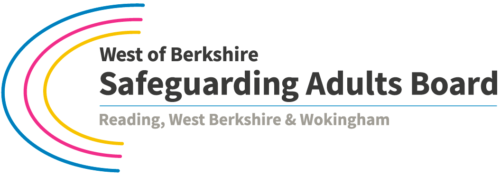Types of abuse
There are different types of abuse:
Physical abuse – including assault, hitting, slapping, pushing, misuse of medication, restraint or inappropriate physical sanctions.
Domestic abuse – including psychological, physical, sexual, financial, emotional abuse; so called ‘honour’ based violence. Here is a video about Hidden Harms, focusing on Domestic Abuse and Older People.
Sexual abuse – including rape, indecent exposure, sexual harassment, inappropriate looking or touching, sexual teasing or innuendo, sexual photography, subjection to pornography or witnessing sexual acts, indecent exposure and sexual assault or sexual acts to which the adult has not consented or was pressured into consenting.
Psychological abuse – including emotional abuse, threats of harm or abandonment, deprivation of contact, humiliation, blaming, controlling, intimidation, coercion, harassment, verbal abuse, cyber bullying, isolation or unreasonable and unjustified withdrawal of services or supportive networks.
Financial or material abuse – including theft, fraud, internet scamming, coercion in relation to an adult’s financial affairs or arrangements, including in connection with wills, property, inheritance or financial transactions, or the misuse or misappropriation of property, possessions or benefits.
Modern slavery – slavery, human trafficking, forced labour and domestic servitude. People are bought and sold for sexual exploitation, forced labour, street crime, cannabis cultivation, grooming and pimping, domestic servitude, forced marriage or even the sale of organs and human sacrifice. How to report Modern Slavery.
Discriminatory abuse – including forms of harassment, slurs or similar treatment; because of race, gender and gender identity, age, disability, sexual orientation or religion.
Organisational abuse – including neglect and poor care practice within an institution or specific care setting such as a hospital or care home, for example, or in relation to care provided in one’s own home. This may range from one off incidents to on-going ill-treatment. It can be through neglect or poor professional practice as a result of the structure, policies, processes and practices within an organisation.
Neglect and acts of omission – including ignoring medical, emotional or physical care needs, failure to provide access to appropriate health, care and support or educational services, the withholding of the necessities of life, such as medication, adequate nutrition and heating
Self-neglect – this covers a wide range of behaviour neglecting to care for one’s personal hygiene, health or surroundings and includes behaviour such as hoarding. It involves no other perpetrator.
Sexual Exploitation – this covers exploitative situations where a person receives ‘something’ as a result of them performing or having performing on them, sexual activities.
